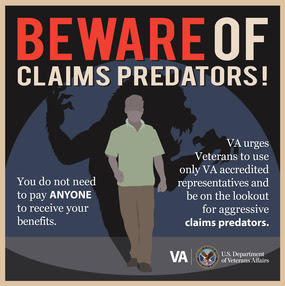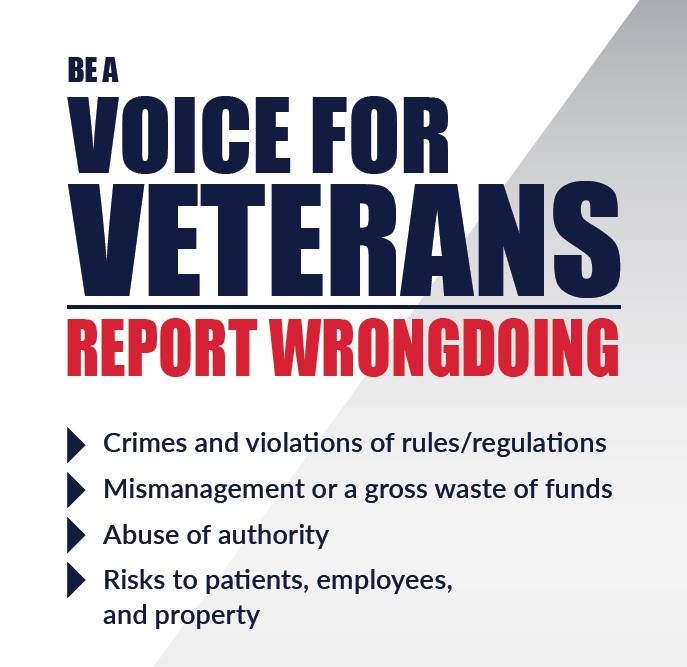- Home
- Veterans Law Info
- Legal Parameters - C&P Exams
Unique Legal Parameters
The chart below delineates differences between the legal parameters governing typical forensic mental health evaluations versus United States Department of Veterans Affairs (VA) compensation and pension examinations (C&P exams) for PTSD and other mental disorders.
|
Characteristic |
Typical forensic mental health evaluations |
VA C&P exams |
|
Relationship of the parties |
Adversarial |
Ex Parte1 |
|
Standard of proof |
“Beyond a Reasonable Doubt,”“Clear and Convincing Evidence,” or “Preponderance of the Evidence” (51% probability or greater) |
Equipoise—“at least as likely as not” (50% or greater chance)2 |
|
Level of formality |
Formal |
Informal3 |
|
Obligation of the government |
In criminal cases, the government represents the people and vigorously prosecutes persons accused of crimes. |
The government must help a claimant develop his or her case.4 |
|
Side favored? |
Neither side is favored over the other. |
If there is doubt about a decision, benefit of the doubt goes to the veteran.5 |
|
Right to representation |
Defendants in criminal cases have a right to be represented by an attorney, even if they cannot afford one. In civil matters, litigants have the right to be represented, although payment can be an issue for many lower and middle class litigants. |
Claimants have a right to representation by an attorney only after a claims decision has been made and the veteran has filed a Notice of Disagreement (NOD).6,7 The attorney’s fee can be paid from a “past due” lump sum amount, if benefits are awarded.8 |
|
Recording of evaluation sessions |
In some forensic evaluation contexts, audio or video recordings are permissible and even encouraged. |
Veterans do not have a right to record their C&P examinations.9 |
|
Responsibility to obtain records |
The attorney or forensic mental health professional must obtain records he or she deems necessary to conduct a thorough evaluation. |
The Veterans Benefit Administration is required by law to assist veterans by seeking to obtain all relevant government and private records that might further the veteran’s claim.10 |
|
Rules of evidence |
Federal Rules of Evidence or State Rules of Evidence |
The Federal Rules of Evidence do not apply to veterans cases but “…the rules on expert witness testimony provide useful guidance…”.11 |
This table is adapted from Table 1 in:
Worthen, M. & Moering, R. (2011). A practical guide to conducting VA compensation and pension exams for PTSD and other mental disorders. Psychological Injury and Law, 4(3-4), 187–216.
Footnotes
1 ex parte (adj.) – Latin, “On one side only.” Done by, for, or on the application of one party alone.
2 “… when a veteran seeks benefits and the evidence is in relative equipoise, the law dictates that veteran prevails.” Gilbert v. Derwinski, 1 Vet. App. 49 (1990).
3 Although a case becomes progressively more formal as it moves up the chain of appeals from the VA Regional Office, to the Board of Veterans Appeals, to the Court of Appeals for Veterans Claims, etc.
4 “The Secretary must make reasonable effort to assist claimant in obtaining evidence necessary to substantiate the claimant’s claim for benefits under a law administered by the secretary.” (38 U.S.C. §5103A).
5 “When there is an approximate balance of positive and negative evidence regarding any issue material to the determination of a matter, the Secretary shall give the benefit of the doubt to the claimant.” [38 U.S.C. § 5107(b)].
6 Payment of fees for representation by agents and attorneys in proceedings before agencies of original jurisdiction and before the Board of Veterans’ Appeals, 38 C.F.R. § 14.636(c).
7 However, veterans can receive assistance in developing their claim from a Veterans Service Organization such as Disabled American Veterans, Vietnam Veterans of America, or American Legion (not an exhaustive list).
8 Payment of fees for representation by agents and attorneys in proceedings before Agencies of Original Jurisdiction and before the Board of Veterans’ Appeals, 38 C.F.R. § 14.636(g)(2).
9 Vet. Aff. Op. Gen. Couns. Prec. 04-91
10 38 U.S.C. § 5103A; See also Moore v. Shinseki, 555 F. 3 d 1369 (2009), wherein the Court held that a veteran’s military psychiatric hospitalization records should have been obtained by the VA as part of its duty to assist; and also see Golz v. Shinseki, 590 F.3 d 1317 at 1323 (2010): “[t]he legal standard for relevance requires VA to examine the information it has related to medical records and if there exists a reasonable possibility that the records could help the veteran substantiate his claim for benefits, the duty to assist requires VA to obtain the records”.
11 Nieves-Rodriguez v. Peake, 22 Vet.App. 22 Vet.App. 295 at 304 (2008) [PDF].
PTSDexams.net is an educational site with no advertising and no affiliate links. Dr. Worthen conducts Independent Psychological Exams (IPE) with veterans, but that information is on his professional practice website.
Subscribe to receive new articles and other updates
What Do You Think?
I value your feedback!
If you would like to comment, ask questions, or offer suggestions about this page, please feel free to do so. Of course, keep it clean and courteous.
You can leave an anonymous comment if you wish—just type a pseudonym in the "Name" field.
If you want to receive an email when someone replies to your comment, click the Google Sign-in icon on the lower right of the comment box to use Google Sign-in. (Your email remains private.)
↓ Please comment below! ↓


